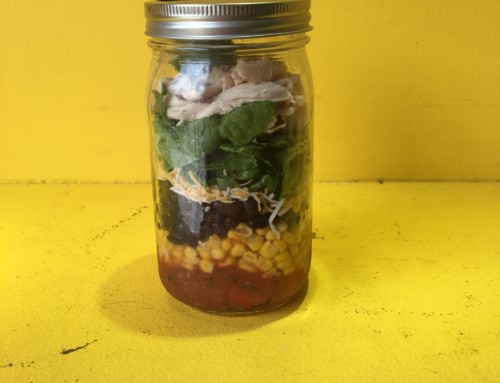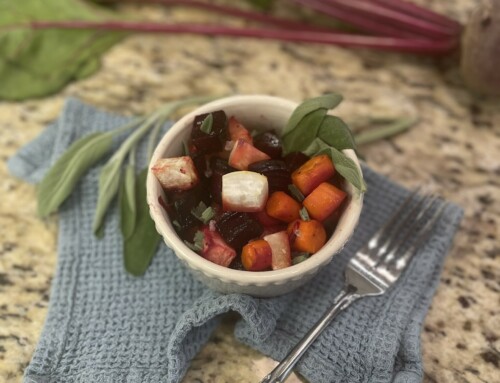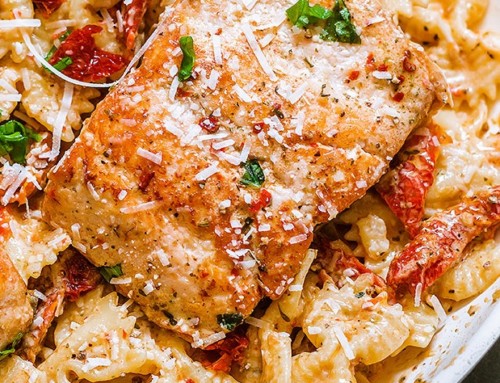Did you know that after infancy, adolescence is the second most critical time for nutritional eating? There are wonderful transformations occurring inside the bodies of teens and many directly affect the way they eat or relate to food.
Let’s take a look at what’s changing:
- Hormone surges can make teens moody, trigger sugar cravings and cause skin breakouts.
- During major growth spurts, teens have increased caloric requirements and may seem insatiable.
- Sports, extracurricular activities and homework schedules often conflict with the regularly scheduled family meal.
- Sleep patterns change; teens love to sleep late and may not be hungry before leaving for school.
- Teens spend more time away from home, which means they eat more of their meals and snacks with peers.
- A necessary part of growing up is learning to embrace a healthy separation from parents which can be frightening for teens and parents alike. Often teens will try their wings by waging food wars: complaining about foods they used to eat happily, demanding junk food or adopting a specific diet (vegetarian) that’s different from the rest of the family.
- Teens are easily lured into purchasing food and beverage products claiming to magically make them stronger, faster, etc.
While these changes are normal, we parents should still work to do our best to offer healthy, nutritious foods. Here are some guidelines for parents to follow:
- Continue to limit sugar at home; chances are they are getting enough elsewhere.
- Keep healthy food easily accessible to “grab and go”.
- Avoid labeling certain foods as ‘bad’; teens frequently feel guilty or ashamed of themselves when they eat them. These feelings become amplified as a teen’s self-esteem wavers and he or she feels pressured to have a certain body shape.
- Prioritize the family dinner.
- Remember that food, especially unhealthy food, shouldn’t be used as a reward for good grades, a sport championship or any other win. And on the flip side food – or denial of it – should not be used as a punishment.
- Refuse to battle over meals. Remove the emotion and stick to simple family dinnertime rules, using good manners and eating a little bit of everything.
Don’t be afraid to have a conversation with your teenager about why it is important to make healthy choices. Teens are old enough to understand the science behind why certain foods cause acne and plummet moods while other foods increase energy and build muscle. Click here to see some conversation-starters you can use.
Did you know that the foods you choose can help keep your skin clear?
The skin is our largest organ and excretes pounds of toxins and wastes daily. Our food choices can often show up on our faces. Foods that support healthy skin includes blueberries, tomatoes, orange and yellow vegetables, salmon, flax and pumpkin seeds, in addition to lots of water.
What foods stimulate chemicals that make you feel happy instead of those that make you feel down?
Many foods build neurotransmitters in our brain, contributing to feelings of happiness, joy and calm. Eating consistent amounts of protein throughout the day – eggs, fish, lean meats, beans, nuts and seeds – can help maintain stable moods.
Athletes need stamina – the right foods can help!
Eat a ‘real’ meal after school and before sports practice instead of a bunch of high-sugar, low-nutrient snacks. Athletes will perform better with the nutrition from two dinners rather than a backpack full of processed snacks. Avoid sports drinks as many offer no nutrition and are filled with sugar.
Girls, a lot is happening to you. Trust that it is normal.
Rising estrogen sometimes causes girls to crave sweets. Try energizing alternatives such as nuts, seeds, avocados, and Greek yogurt. Often cravings begin when we allow ourselves to get too hungry – staying fueled throughout the day is the best way to avoid cravings.
Want to do better in school? Eat breakfast.
Study after study has shown: Children who eat breakfast show improved academic performance, longer attention spans, greater attendance and decreased hyperactivity in school.
Teens may constantly be hungry because they are growing!
Be smart about what you eat. Eat an extra meal instead of a lots of high sugar/empty calorie snacks. Try things like leftovers from the night before for afterschool snack; scrambled eggs and toast or hummus, pita chips and veggies.
The recipe today is a power-packed pizza your teens are sure to love! It is packed with protein, veggies and made with a hearty whole wheat crust (that you can purchase) ready for all their favorite toppings.
The information in this article was adapted from an article by Casey Seidenberg of The Washington Post.







Leave A Comment